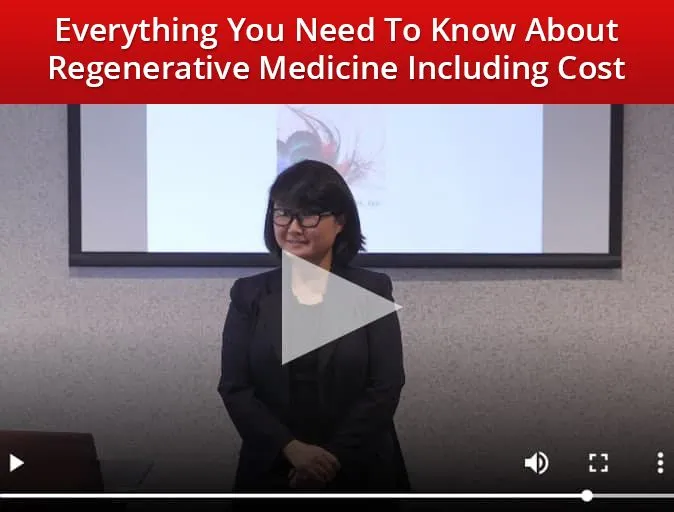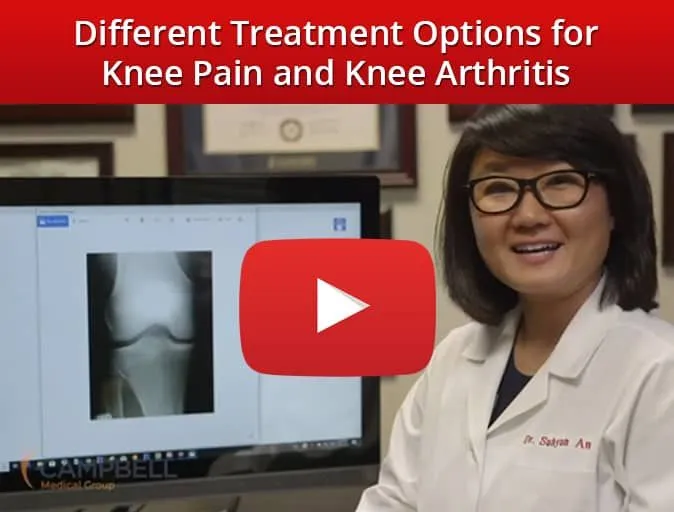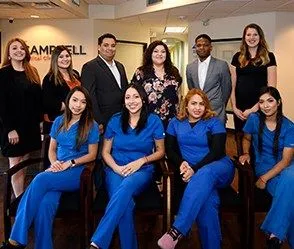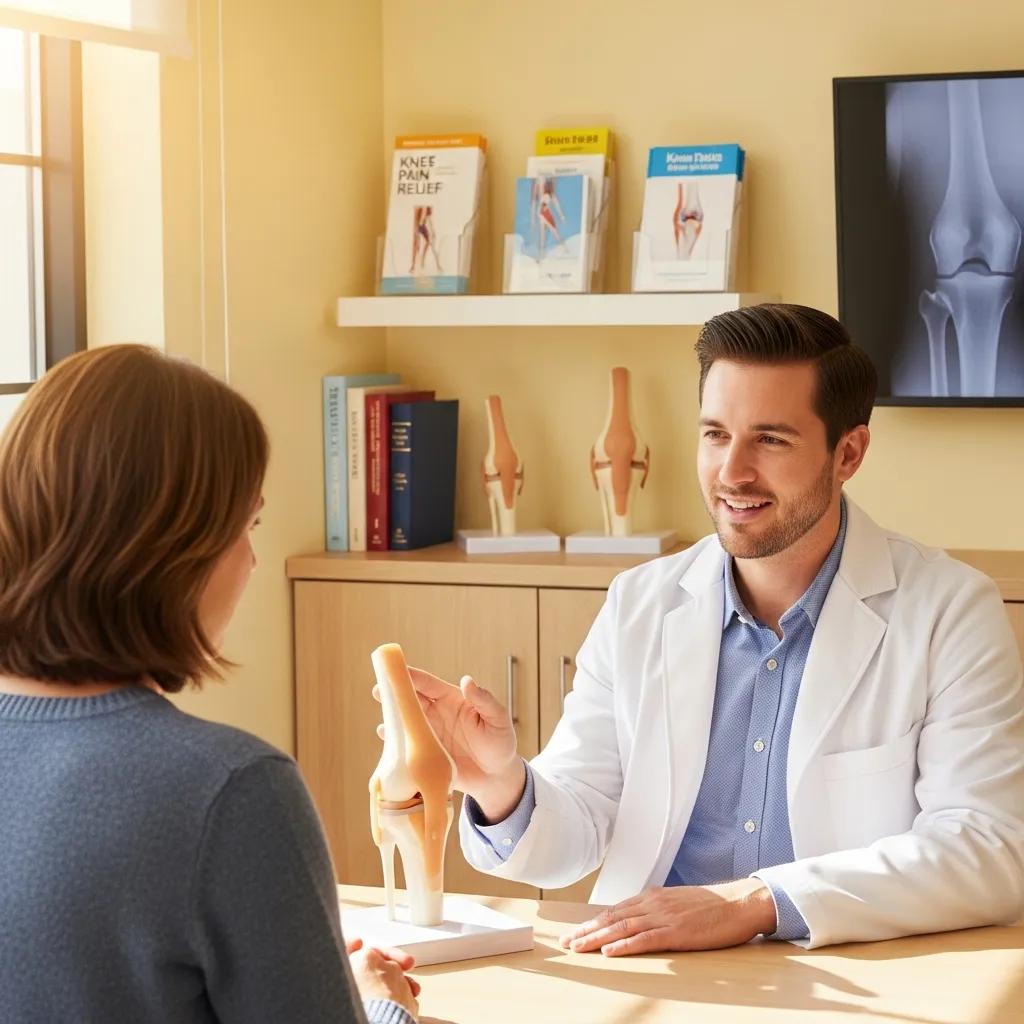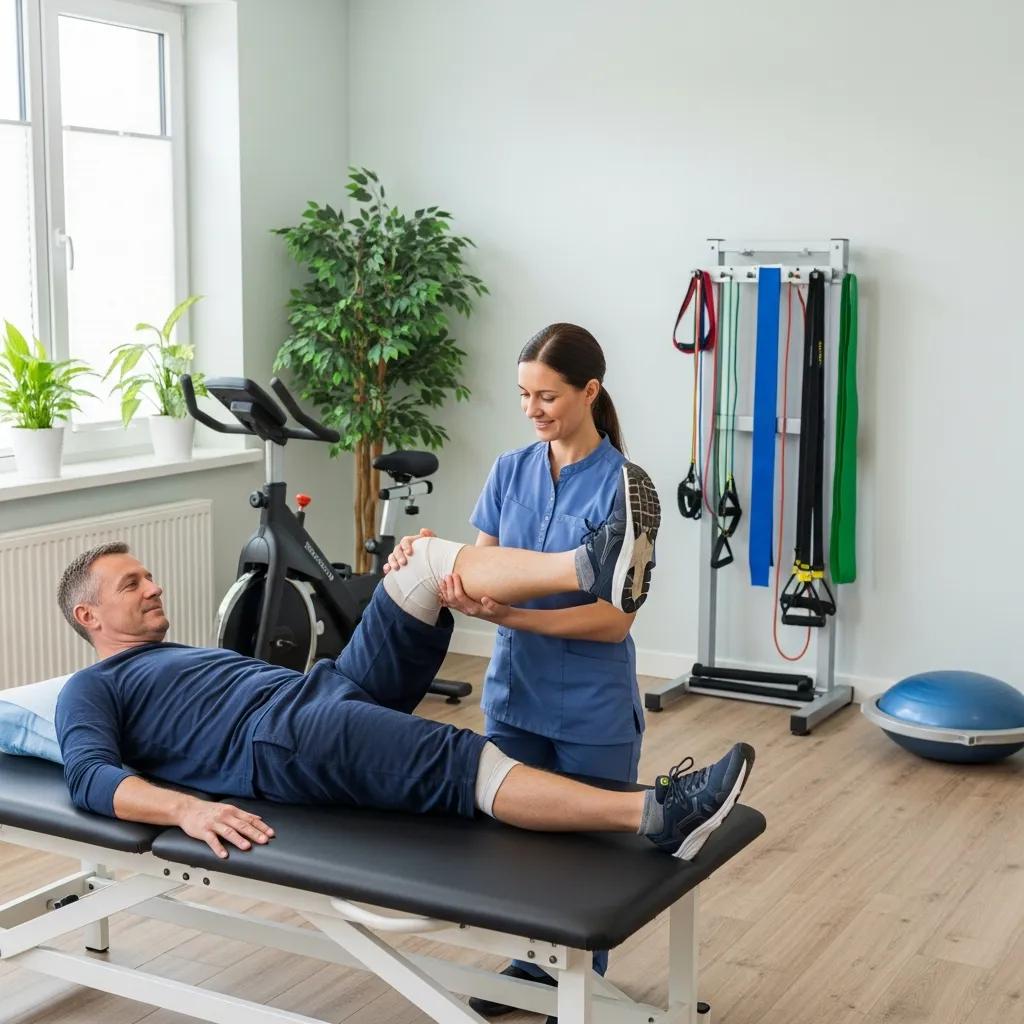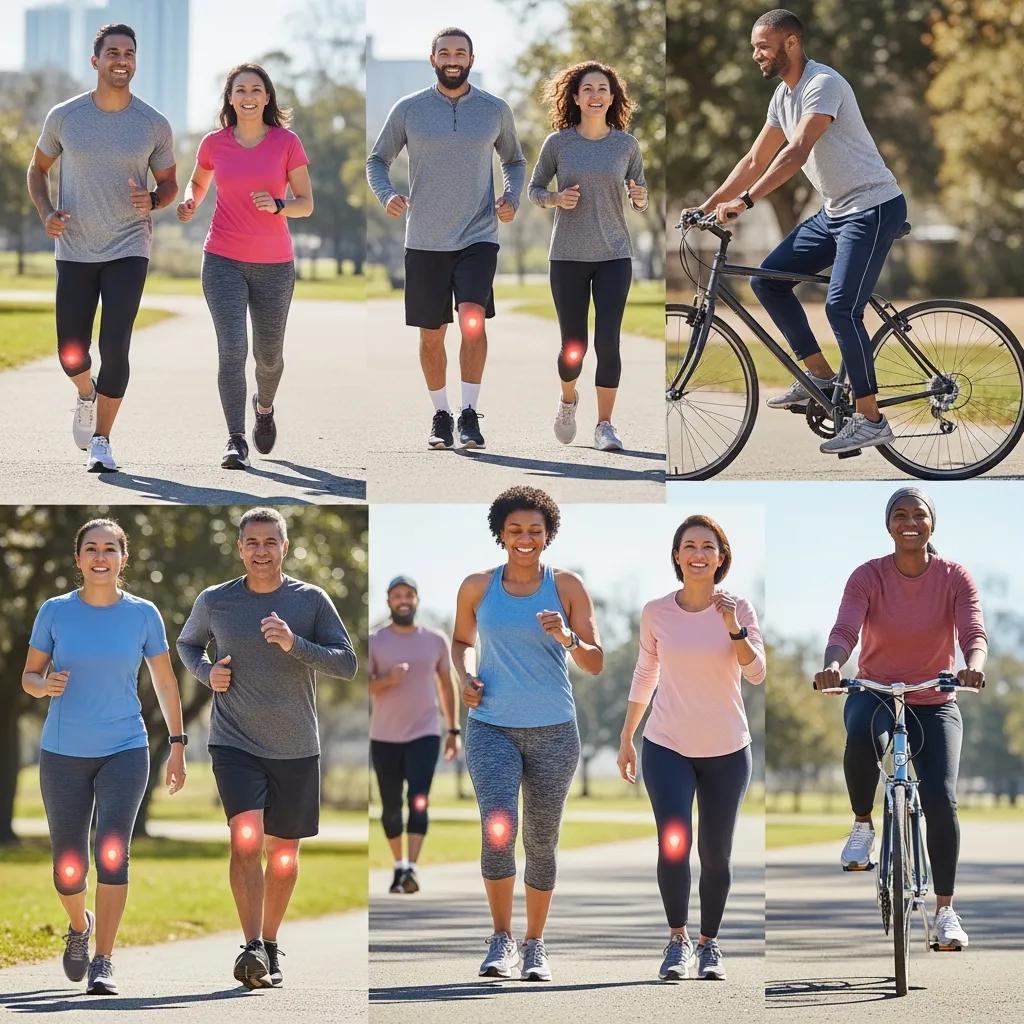Orthopaedic Services in Houston: What to Expect from Non-Surgical Treatments and Consultations
Living with persistent joint or back pain can limit daily activities, but non-surgical orthopaedic care in Houston offers a path to relief without invasive procedures. In this guide, you’ll discover available treatment options, what your first consultation entails, the most common pain conditions managed conservatively, rehabilitation strategies, reasons to choose Campbell Clinic, and how to schedule an appointment. Each section builds on evidence-based approaches to help you understand your journey from assessment to recovery and empowers you to take the next step toward lasting pain relief.
What Are Non-Surgical Orthopaedic Treatment Options in Houston?
When it comes to addressing musculoskeletal issues, many patients in Houston are seeking non-surgical orthopaedic treatment options as a first line of defense. These conservative approaches aim to relieve pain, improve function, and promote healing without invasive procedures. Common non-surgical treatments include physical therapy, which uses targeted exercises and manual techniques to strengthen muscles and restore movement. This can be particularly effective for conditions like arthritis, tendonitis, or recovery post-injury. Additionally, modalities such as acupuncture and chiropractic care are gaining popularity as holistic approaches that help alleviate pain and improve overall well-being.
Injections, such as corticosteroids or hyaluronic acid, are also widely used in non-surgical orthopaedic treatment plans. Corticosteroid injections can provide significant relief from inflammation and pain, while hyaluronic acid helps lubricate joints that are affected by osteoarthritis. Other interventions like platelet-rich plasma (PRP) therapy leverage the body’s own healing capabilities to repair damaged tissues. Regenerative medicine techniques are particularly appealing for patients looking for alternatives to surgery, as they often result in quicker recovery times and less risk of complications. Overall, the array of non-surgical options available in Houston demonstrates a commitment to personalized care, enabling patients to achieve their health goals and return to their active lifestyles.
Which Non-Surgical Treatments Does Campbell Clinic Offer?
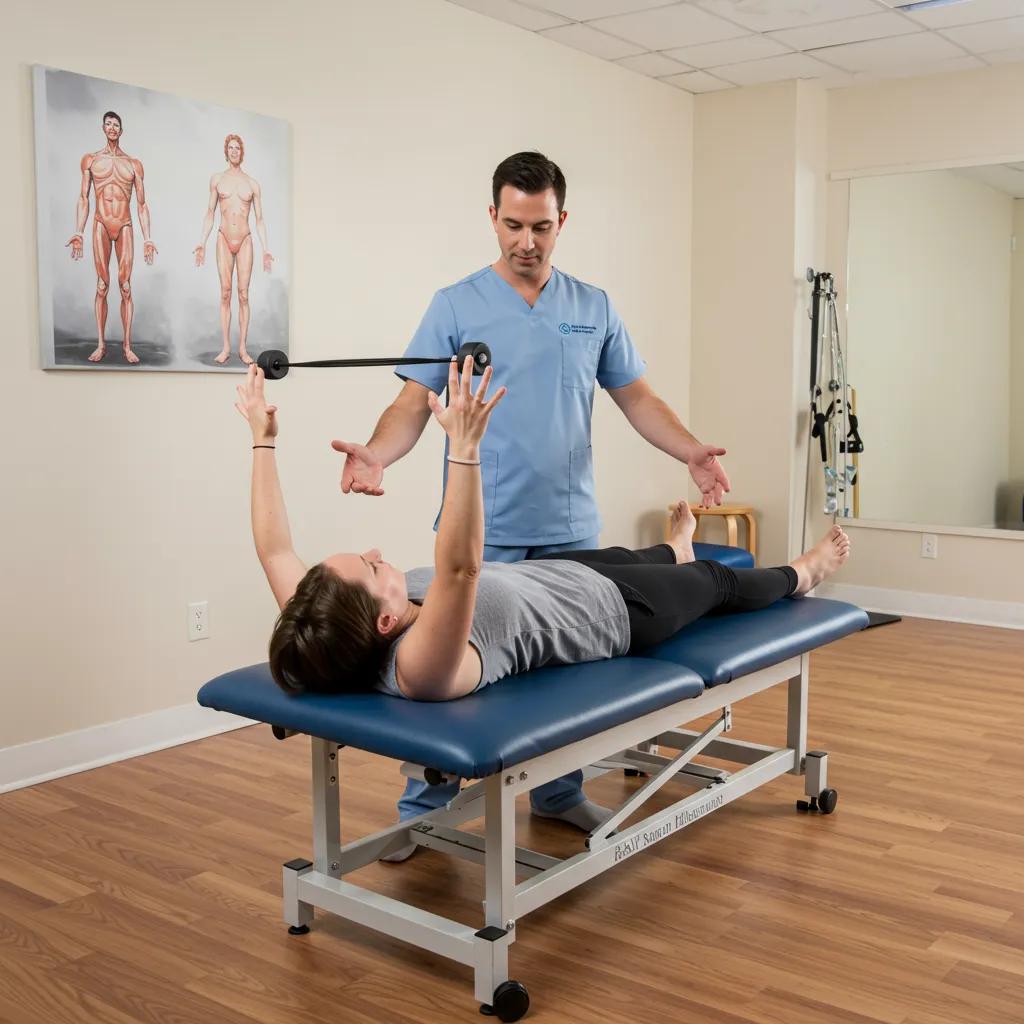
Campbell Clinic provides a spectrum of non-invasive procedures designed to reduce pain and improve mobility. Treatments include targeted physical therapy programs, therapeutic injections such as platelet-rich plasma, and regenerative medicine approaches that harness the body’s healing mechanisms. These services prioritize personalized care plans tailored to your specific condition, ensuring measurable improvements in function and comfort.
How Does Physical Therapy Help with Orthopaedic Pain Relief?
Physical therapy combines manual techniques, guided exercises, and therapeutic modalities to restore joint alignment and muscular balance. By targeting strength, flexibility, and proprioception, this approach alleviates pain sources and supports long-term stability. Houston-based therapists at Campbell Clinic monitor progress closely, adjusting protocols to maximize range of motion and reduce discomfort.
What Role Do Injections and Regenerative Medicine Play in Treatment?
Injections and regenerative therapies act at the cellular level to accelerate tissue repair and modulate inflammation. Procedures such as corticosteroid injections provide rapid relief, while platelet-rich plasma (PRP) promotes collagen synthesis and joint regeneration. These options complement physical therapy by addressing pain biochemistry and fostering healing in osteoarthritic or injured tissues.
How Effective Are Spinal Decompression and Other Advanced Therapies?
Spinal decompression gently relieves pressure on nerve roots and intervertebral discs, easing back pain and sciatica symptoms. Advanced modalities—like ultrasound-guided needle tenotomy and extracorporeal shockwave therapy—enhance recovery for tendinopathies and soft tissue injuries. In clinical practice, these interventions yield high patient satisfaction rates by restoring function without surgery.
How Can You Expect Your First Orthopaedic Consultation in Houston to Proceed?
When you arrive for your first orthopaedic consultation in Houston, you can expect a structured process designed to address your concerns and evaluate your musculoskeletal health. The session typically begins with a warm welcome from the medical staff followed by the orthopaedic surgeon or specialist introducing themselves. You may be asked to fill out forms detailing your medical history, previous injuries, and current symptoms. This initial paperwork is crucial for the provider to gain insight into your background, understanding any patterns that might be contributing to your condition.
Once the forms are complete, the doctor will conduct a thorough assessment, which may include a discussion about your symptoms, their duration, and how they affect your daily life. Expect the physician to ask specific questions regarding your physical activities, lifestyle, and any treatments you’ve previously undergone. Following this discussion, a physical examination will likely take place, where the specialist will evaluate your range of motion, strength, and areas of tenderness or pain. Depending on your individual case, further diagnostic tests such as X-rays or MRIs may be recommended to provide a clearer picture of your condition. After reviewing your results, the orthopaedic specialist will discuss possible treatment options, which could range from physical therapy to surgical interventions, allowing you to make informed decisions about your care moving forward.
What Should You Prepare Before Your Orthopaedic Appointment?
Gathering a complete medical history, a list of current medications, and any recent imaging reports ensures a thorough evaluation. Note the frequency, intensity, and triggers of your pain episodes to guide the discussion. Preparing these details streamlines your visit and helps Campbell Clinic clinicians develop targeted diagnostic strategies.
What Happens During the Initial Orthopaedic Evaluation?
Your first evaluation involves a comprehensive review of symptoms, physical examination of affected areas, and functional assessments to identify movement restrictions. Clinicians observe gait, joint range, and muscle strength before determining appropriate diagnostic tests. This systematic process maps out your pain origins and informs a personalized treatment roadmap.
Which Questions Should You Ask Your Orthopaedic Doctor?
Asking about expected recovery timelines, treatment alternatives, potential risks, and insurance coverage fosters collaborative decision-making. Inquire about non-surgical success rates for your condition and ask how outcomes are measured. These questions clarify your options and build confidence in the proposed care plan.
How Does Campbell Clinic Ensure a Patient-Centered Experience?
Campbell Clinic emphasizes transparent communication, short wait times, and individualized support throughout treatment. Team members coordinate follow-up appointments, educational resources, and progress tracking tools to maintain engagement. This patient-first approach reinforces trust and encourages active participation in your recovery journey.
What Are the Most Common Orthopaedic Pain Conditions Treated Non-Surgically in Houston?
How Is Joint Pain Diagnosed and Managed Without Surgery?
Joint pain often stems from wear-and-tear arthritis or repetitive stress injuries. Diagnosis relies on clinical assessment and imaging to pinpoint cartilage loss or structural abnormalities. Conservative management includes targeted exercise regimens, weight-bearing modifications, bracing, and regenerative injections that slow degeneration and restore joint function.
Research indicates that non-surgical treatments are typically the initial approach for managing knee degeneration, particularly in the early stages of osteoarthritis.
Comprehensive Non-Surgical Management Strategies for Early Osteoarthritis
Non-surgical treatments are usually the first choice for the management of knee degeneration, especially in the early osteoarthritis (OA) phase when no clear lesions or combined abnormalities need to be addressed surgically. Early OA may be addressed by a wide range of non-surgical approaches, from non-pharmacological modalities to dietary supplements and pharmacological therapies, as well as physical therapies and novel biological minimally invasive procedures involving injections of various substances to obtain a clinical improvement and possibly a disease-modifying effect. Numerous pharmaceutical agents are able to provide clinical benefit, but no one has shown all the characteristic of an ideal treatment, and side effects have been reported at both systemic and local level. Patients and physicians should have realistic outcome goals in pharmacological treatment, which should be considered together with other conservative measures. Among these, exercise is an effective conservative approach, while physical therapies lack literature support. Even though a combination of these therapeutic options might be the most suitable strategy, there is a paucity of studies focusing on combining treatments, which is the most common clinical scenario. Further studies are needed to increase the limited evidence on non-surgical treatments and their combination, to optimize indications, application modalities, and results with particular focus on early OA. In fact, most of the available evidence regards established OA. Increased knowledge about degeneration mechanisms will help to better target the available treatments and develop new biological options, where preliminary results are promising, especially concerning early disease phases. Specific treatments aimed at improving joint homoeostasis, or even counteracting tissue damage by inducing regenerative processes, might be successful in early OA, where tissue loss and anatomical changes are still at very initial stages.
Non-surgical treatments for the management of early osteoarthritis, G Filardo, 2016
What Non-Surgical Solutions Are Available for Back Pain Relief?
Back pain treatments encompass core-stabilizing exercises, posture education, spinal decompression, and epidural injections for nerve-related discomfort. Physical therapy applies traction and stabilization protocols to alleviate mechanical stress. Combined with lifestyle modifications and ergonomic guidance, these non-invasive methods deliver sustained pain reduction.
How Is Neuropathy Treated Conservatively at Campbell Clinic?
Conservative neuropathy care focuses on nerve-gliding exercises, neuromuscular re-education, and anti-inflammatory injection therapies to minimize nerve irritation. Therapists incorporate balance training and gait correction to prevent falls. Nutritional guidance and topical treatments support nerve health while monitoring symptom progression.
How Does Orthopaedic Rehabilitation Support Recovery in Houston?
Orthopaedic rehabilitation plays a crucial role in the recovery process for patients dealing with musculoskeletal injuries or surgeries in Houston. This specialized form of therapy focuses on restoring mobility, strength, and function, helping individuals return to their daily activities and improve their overall quality of life. In Houston, rehabilitation services often incorporate a multidisciplinary approach that combines physical therapy, occupational therapy, and patient education. This collaborative care ensures that each patient receives a tailored rehabilitation plan that addresses their specific needs, injuries, and lifestyle.
One of the key components of orthopaedic rehabilitation in Houston is the use of advanced techniques and technologies. Therapists frequently utilize modalities such as manual therapy, therapeutic exercises, and specialized equipment to facilitate healing and enhance mobility. Furthermore, rehabilitation sessions are designed to gradually increase in intensity and complexity, promoting steady progress while minimizing the risk of further injury. In addition, education plays a vital role in empowering patients; understanding their condition and the importance of adherence to rehabilitation protocols can significantly impact recovery outcomes. By fostering a supportive environment, Houston orthopaedic rehabilitation centers help patients regain confidence in their abilities, ultimately paving the way for a successful return to their active lifestyles.
What Physical Therapy Techniques Are Used for Orthopaedic Rehabilitation?
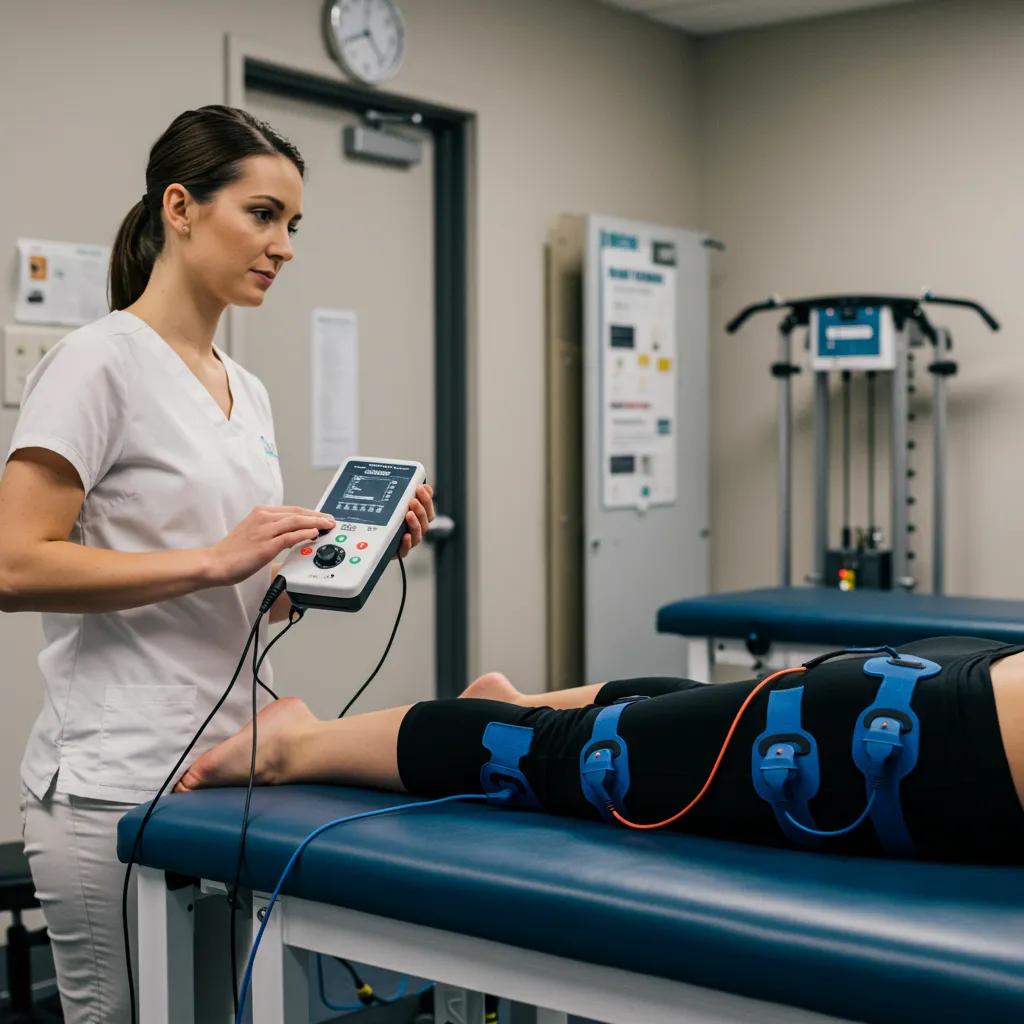
Rehabilitation protocols blend strength training, manual mobilization, ultrasound therapy, and neuromuscular electrical stimulation. These techniques enhance tissue healing, reduce scar formation, and recalibrate neuromuscular timing. Houston specialists adapt each session based on performance metrics and patient feedback.
How Does Sports Injury Rehabilitation Work Without Surgery?
Sports injury rehab targets soft tissue repair through progressive loading, proprioceptive drills, and functional movement retraining. Techniques such as cryotherapy, kinesiology taping, and dynamic stretching accelerate recovery while preventing re-injury. Therapists guide athletes through sport-specific simulations to ensure safe return-to-play.
What Are the Expected Outcomes of Orthopaedic Rehabilitation?
Participants typically experience reduced pain levels, improved joint stability, and restored functional capacity within weeks. Consistent therapy often leads to enhanced athletic performance, greater daily comfort, and decreased reliance on pain medications. Tracking patient-reported outcome measures verifies progress and refines each plan.
Why Choose Campbell Clinic for Non-Surgical Orthopaedic Care in Houston?
When it comes to non-surgical orthopaedic care in Houston, Campbell Clinic stands out as a premier destination for patients seeking innovative and comprehensive treatment options. Founded in 1909, Campbell Clinic has established a robust legacy rooted in patient-centered care and cutting-edge research. Our team of highly qualified orthopaedic specialists is dedicated to diagnosing and treating a wide range of musculoskeletal issues without the need for invasive surgical procedures. By utilizing the latest advancements in medical technology and evidence-based practices, we provide tailored treatment plans that address individual patient needs to ensure optimal recovery and mobility.
At Campbell Clinic, we take pride in our holistic approach to orthopaedic care, which emphasizes prevention, rehabilitation, and patient education. Our multidisciplinary team collaborates closely to develop personalized treatment strategies that often include physical therapy, medication management, joint injections, and other minimally invasive techniques. This proactive methodology not only alleviates pain but also enhances overall quality of life for our patients. Additionally, our commitment to research and staying at the forefront of orthopaedic advancements ensures that you receive the best possible care based on the latest clinical evidence. Choosing Campbell Clinic for your non-surgical orthopaedic needs means entrusting your health to a knowledgeable and compassionate team dedicated to restoring your mobility and helping you achieve your personal health goals.
What Makes Campbell Clinic a Trusted Orthopaedic Clinic in Houston?
Campbell Clinic combines expert clinicians with evidence-driven protocols to deliver reliable non-surgical solutions. Emphasis on patient education, data-driven outcomes, and demonstrated improvements fosters strong local reputation. Community feedback highlights the clinic’s commitment to safety, precision, and compassionate care.
How Does Campbell Clinic Personalize Non-Surgical Treatment Plans?
Personalization begins with in-depth assessments that consider lifestyle, activity goals, and overall health status. Clinicians integrate advanced diagnostics and outcome tracking to adjust modalities dynamically. This tailored approach optimizes pain relief and functional gains for each individual.
What Do Local Patients Say About Their Non-Surgical Treatment Success?
Patients report meaningful reductions in discomfort, restored mobility, and quick returns to daily routines. Consistent follow-up and clear communication receive praise for reinforcing motivation and maintaining momentum. These testimonials reflect Campbell Clinic’s focus on delivering measurable, patient-centered outcomes.
How Can You Book an Orthopaedic Consultation at Campbell Clinic in Houston?
Booking an orthopaedic consultation at Campbell Clinic in Houston is a straightforward process designed to meet your needs efficiently. To begin, navigate to the clinic’s official website, where you will find comprehensive information about their services, including specializations in various orthopaedic conditions. The website features a user-friendly interface that allows patients to easily access the online appointment scheduling system. By following the prompts, you can select a preferred time slot and the type of specialist you wish to consult, whether it’s for sports injuries, joint pain, or pediatric orthopaedics.
If you prefer a more personal touch, you can also call the clinic directly. The friendly staff is trained to assist you throughout the booking process, helping to answer any questions you may have about the consultation, insurance coverage, and required documentation. Don’t forget to have your insurance information handy, as this can expedite the process and ensure that you are informed about coverage options. With convenient appointment availability and a dedicated team ready to help, scheduling your orthopaedic consultation at Campbell Clinic is both simple and efficient, allowing you to take the first step toward better musculoskeletal health.
What Are the Steps to Schedule Your Non-Surgical Orthopaedic Appointment?
To schedule, call the clinic reception or visit campbellclinic.com to complete an online request form. Provide basic contact information, insurance details, and a brief description of your pain history. A staff member will contact you promptly to confirm the appointment date and time that suits your schedule.
Are Telehealth Consultations Available for Orthopaedic Patients?
Telehealth options allow for initial assessments and routine follow-ups via secure video sessions. These virtual visits facilitate convenient access to orthopaedic expertise, enabling evaluation of movement patterns and pain responses remotely. Follow-up plans are then adjusted through personalized home-based exercise guidance.
What Should You Expect After Booking Your Consultation?
After booking, you will receive pre-visit instructions on how to prepare for diagnostic imaging or paperwork completion. Clinic staff will confirm your arrival time and share any necessary forms. On the appointment day, anticipate a seamless check-in process followed by your comprehensive orthopaedic evaluation.
What Are Frequently Asked Questions About Orthopaedic Services in Houston?
Campbell Clinic’s non-surgical orthopaedic services often raise questions about the roles of different specialists, treatment effectiveness, and preparation steps. An orthopaedic doctor focuses on musculoskeletal assessment and conservative protocols, while a pain management specialist emphasizes medication and injection strategies. Effective non-surgical treatments range from customized physical therapy to regenerative injections targeting tissue repair. Compared to surgery, conservative approaches offer reduced recovery time, lower complication risk, and gradual functional restoration. Preparing for your appointment involves gathering medical records, listing symptoms clearly, and noting daily activity limitations to ensure a thorough evaluation.
Understanding these key aspects will help you feel confident in your decision and ready to engage fully in your non-surgical orthopaedic journey.

